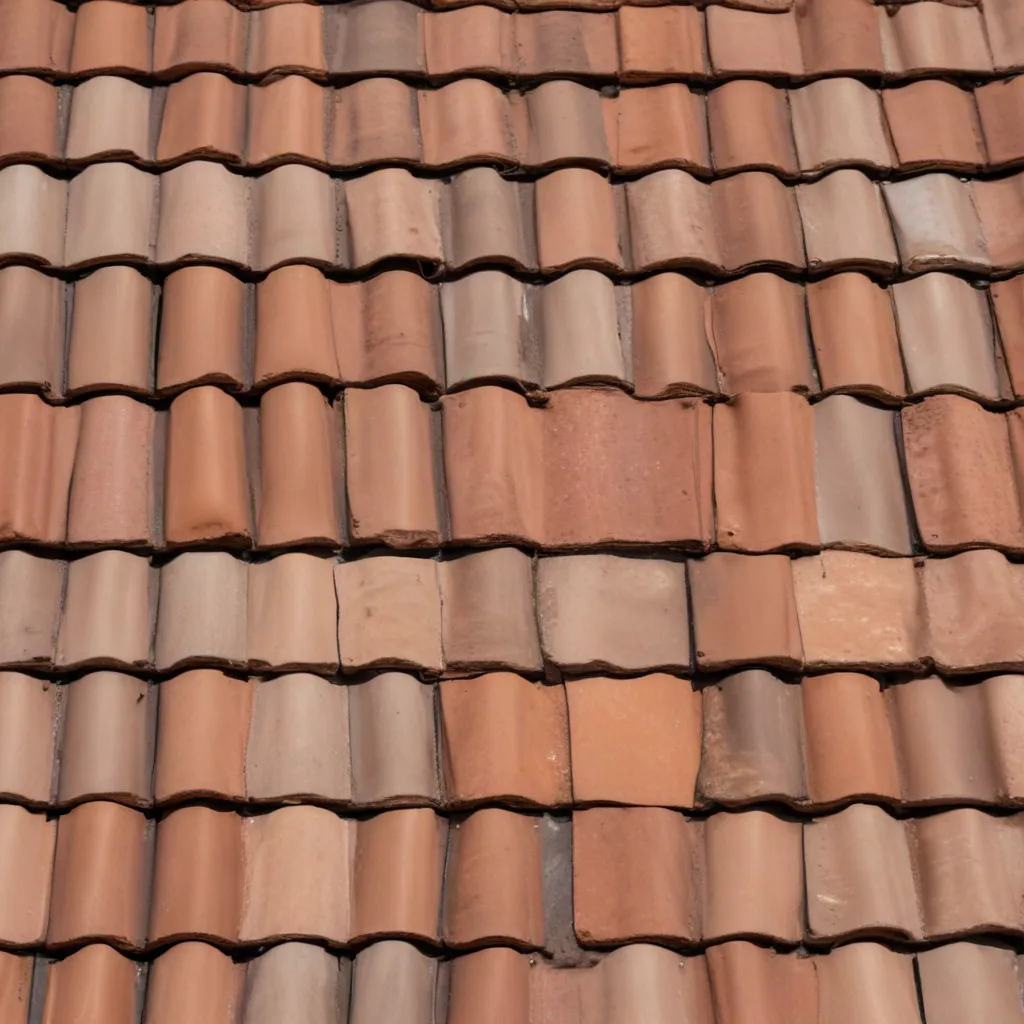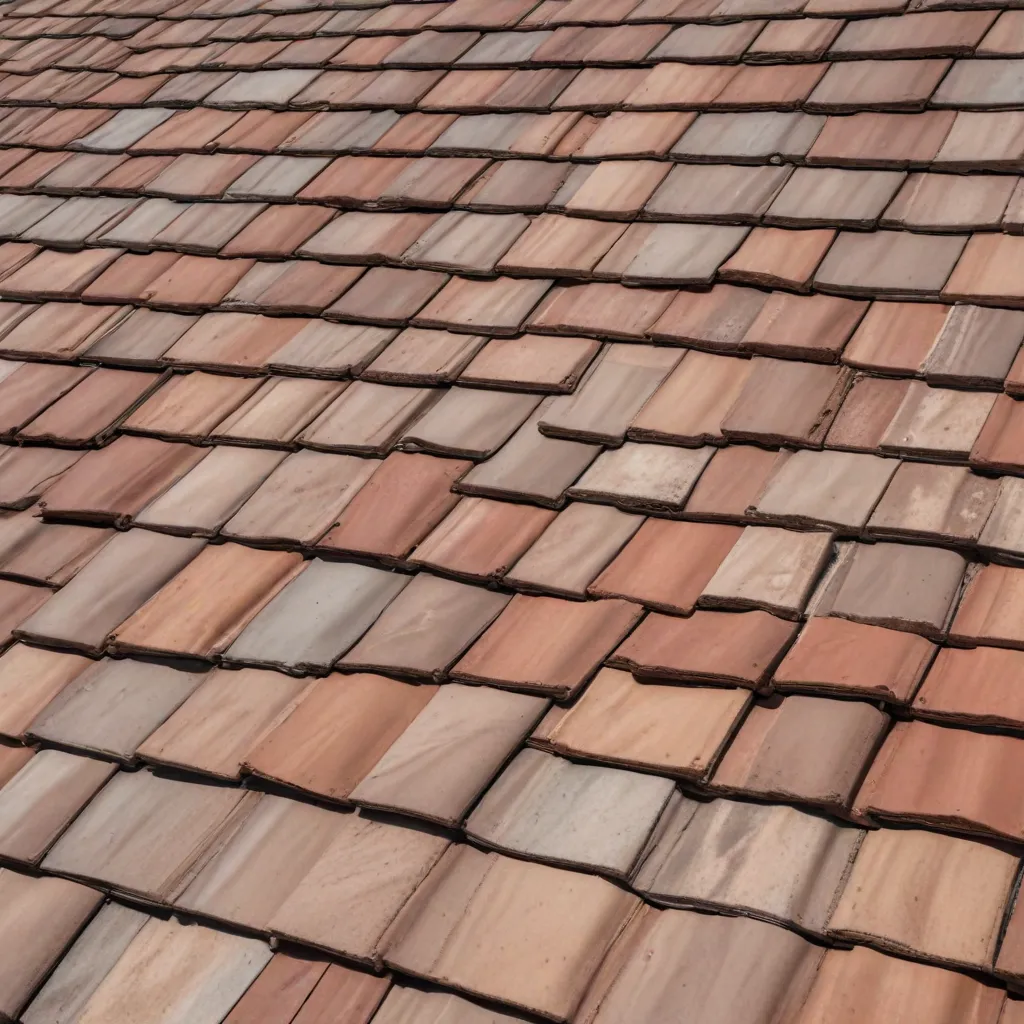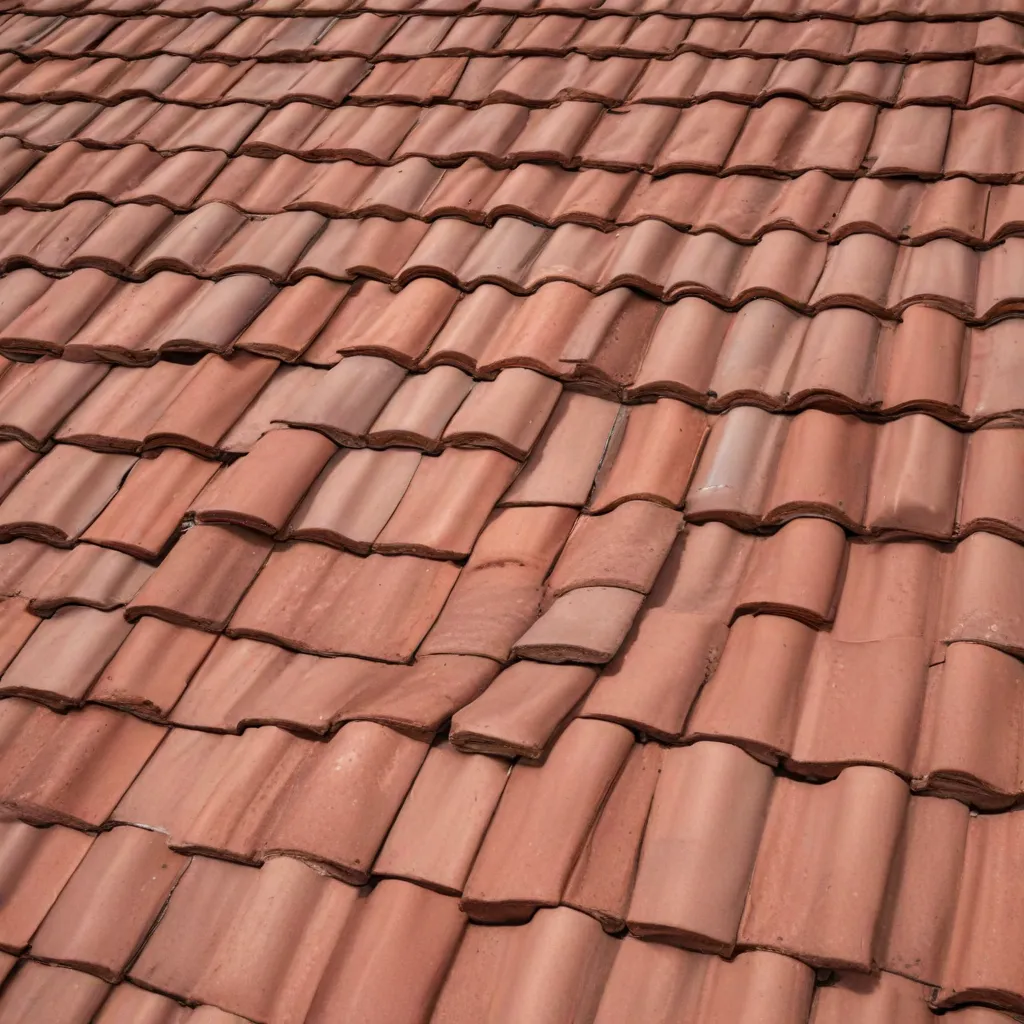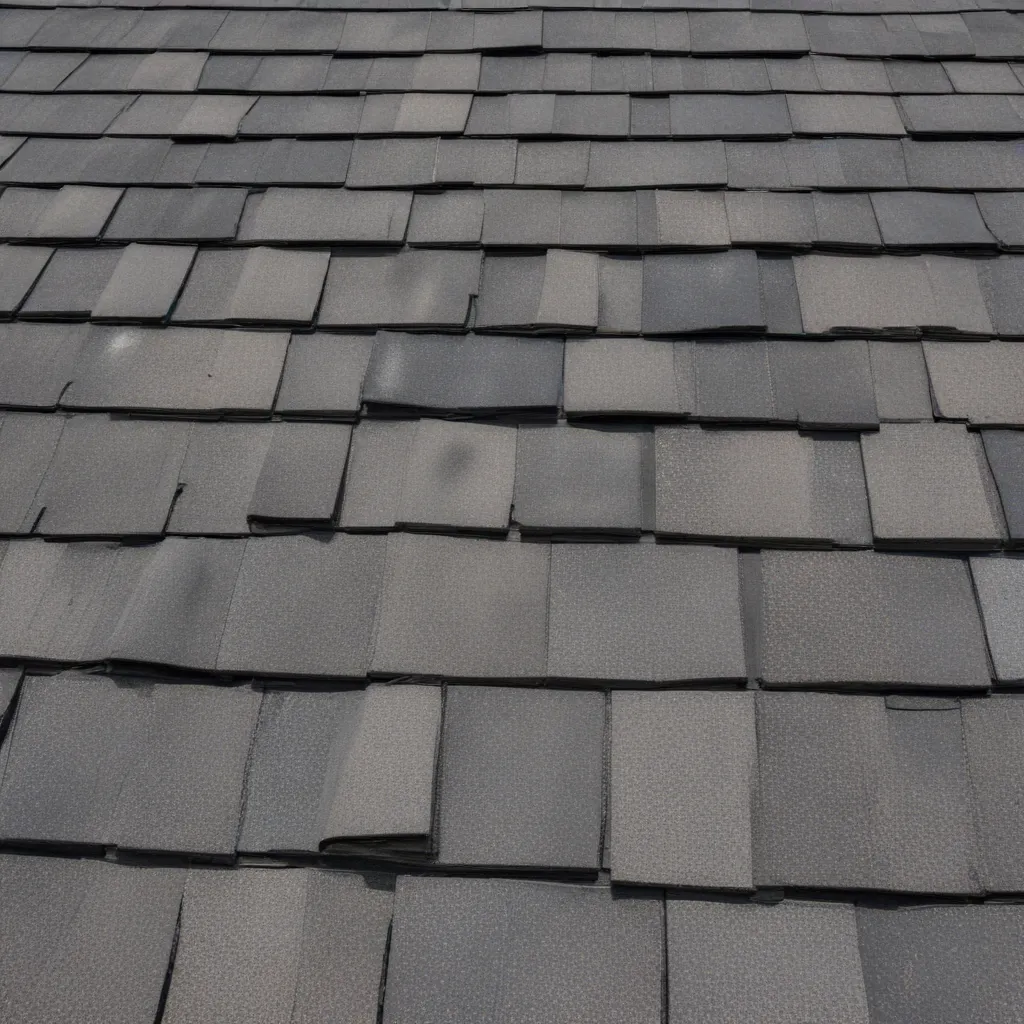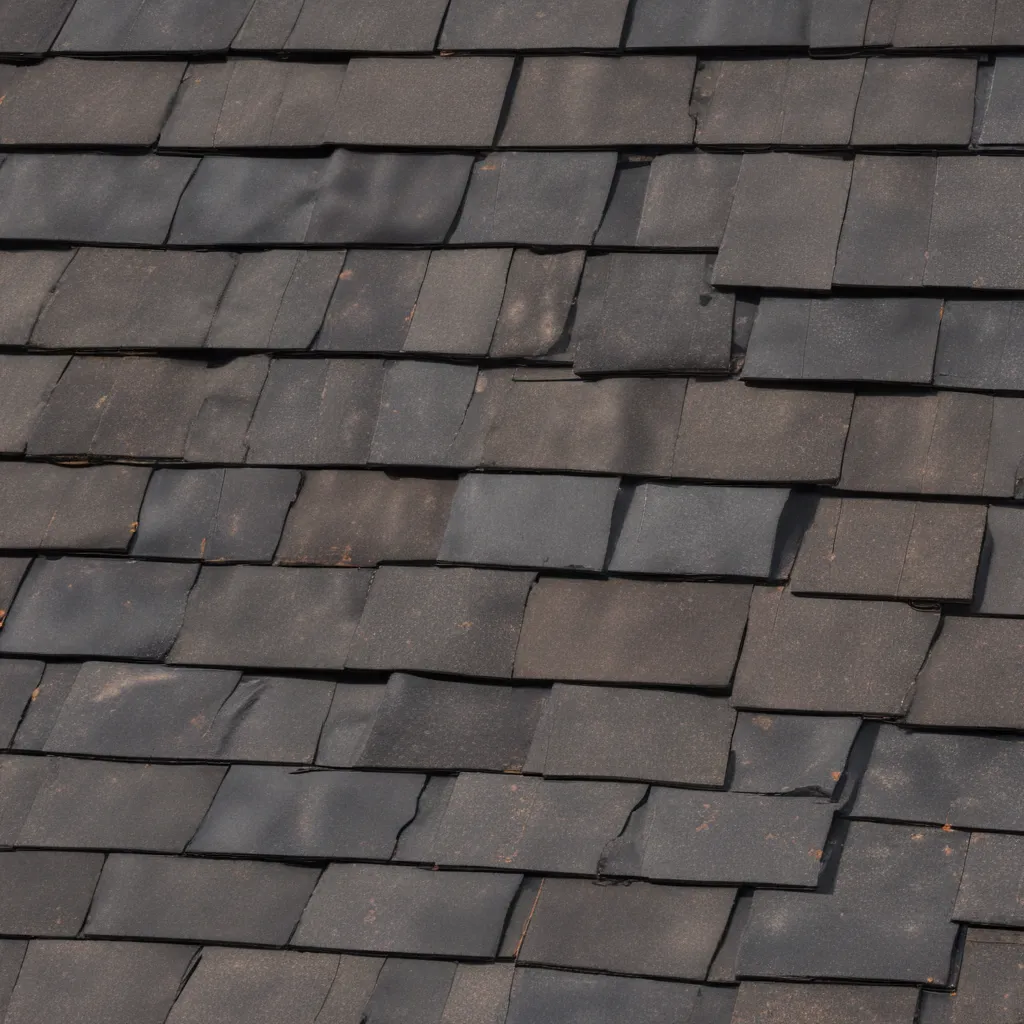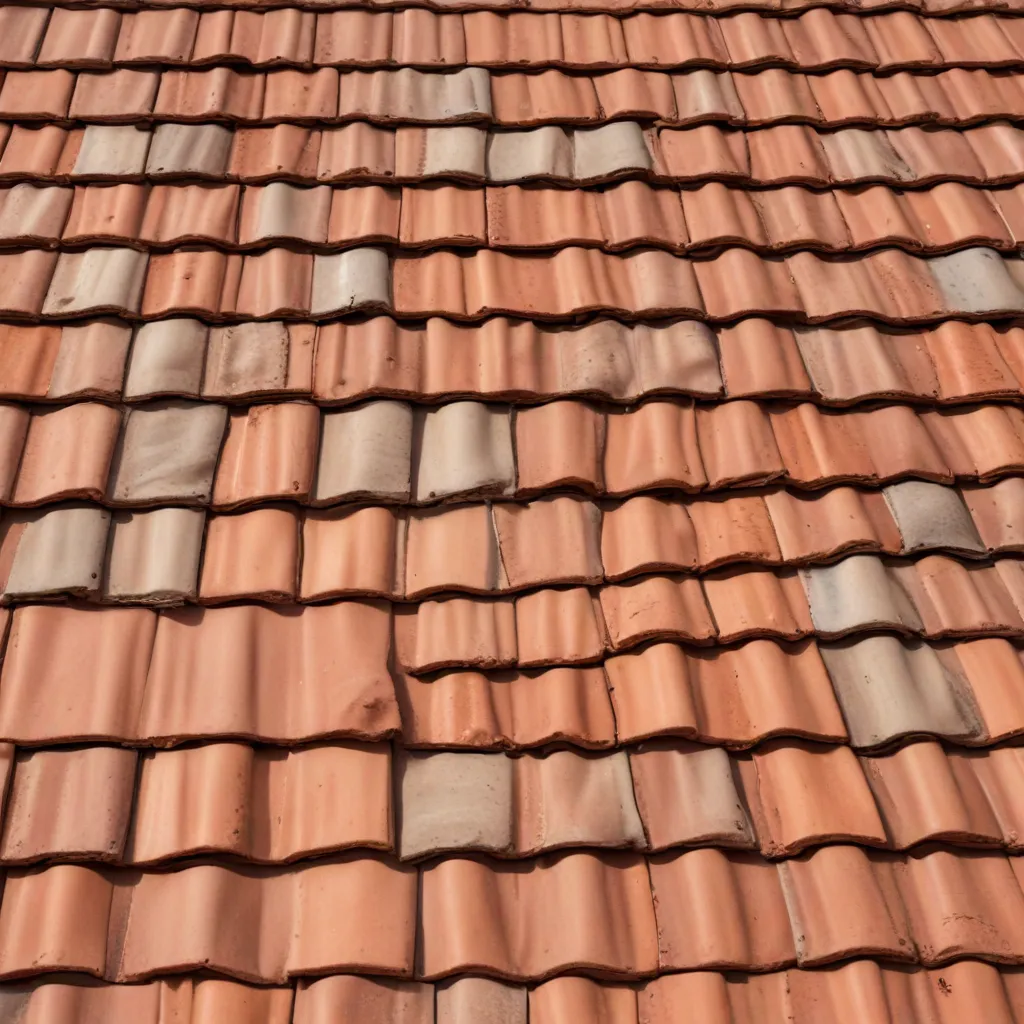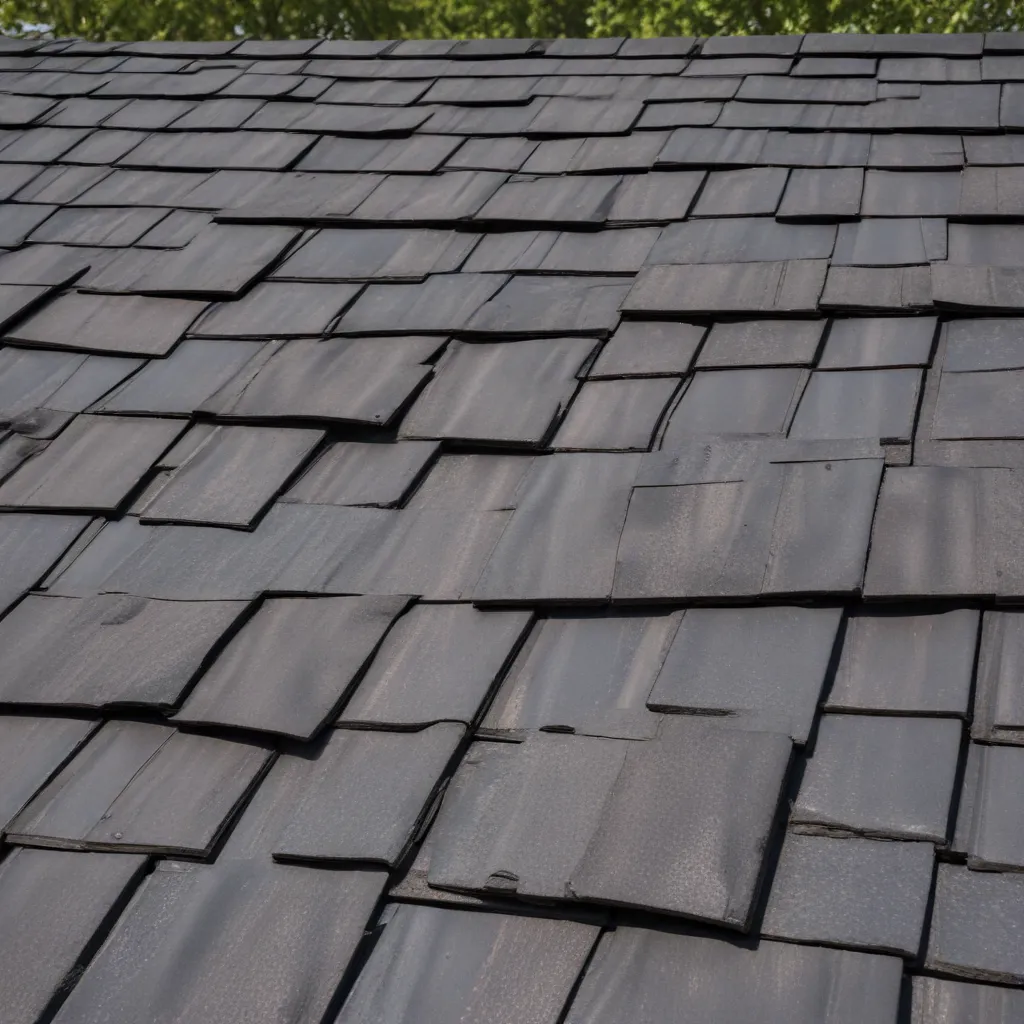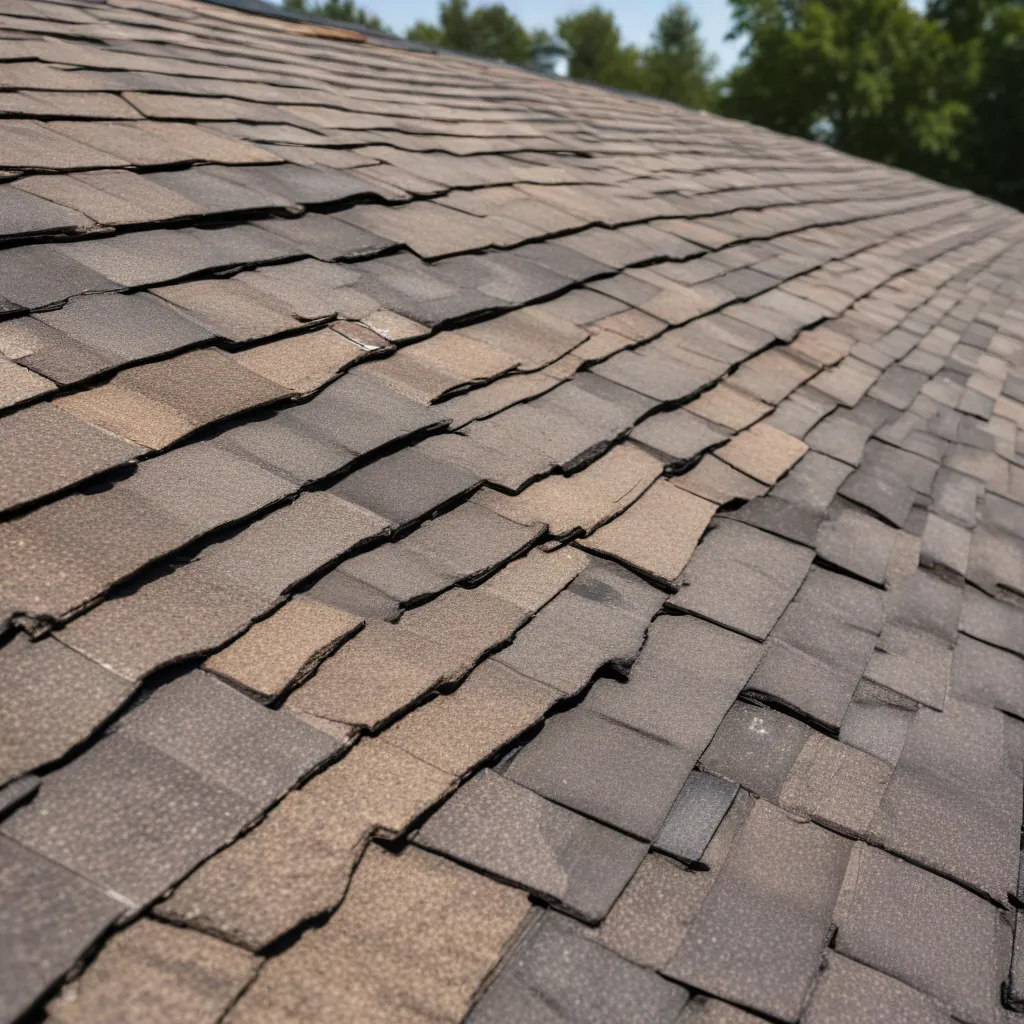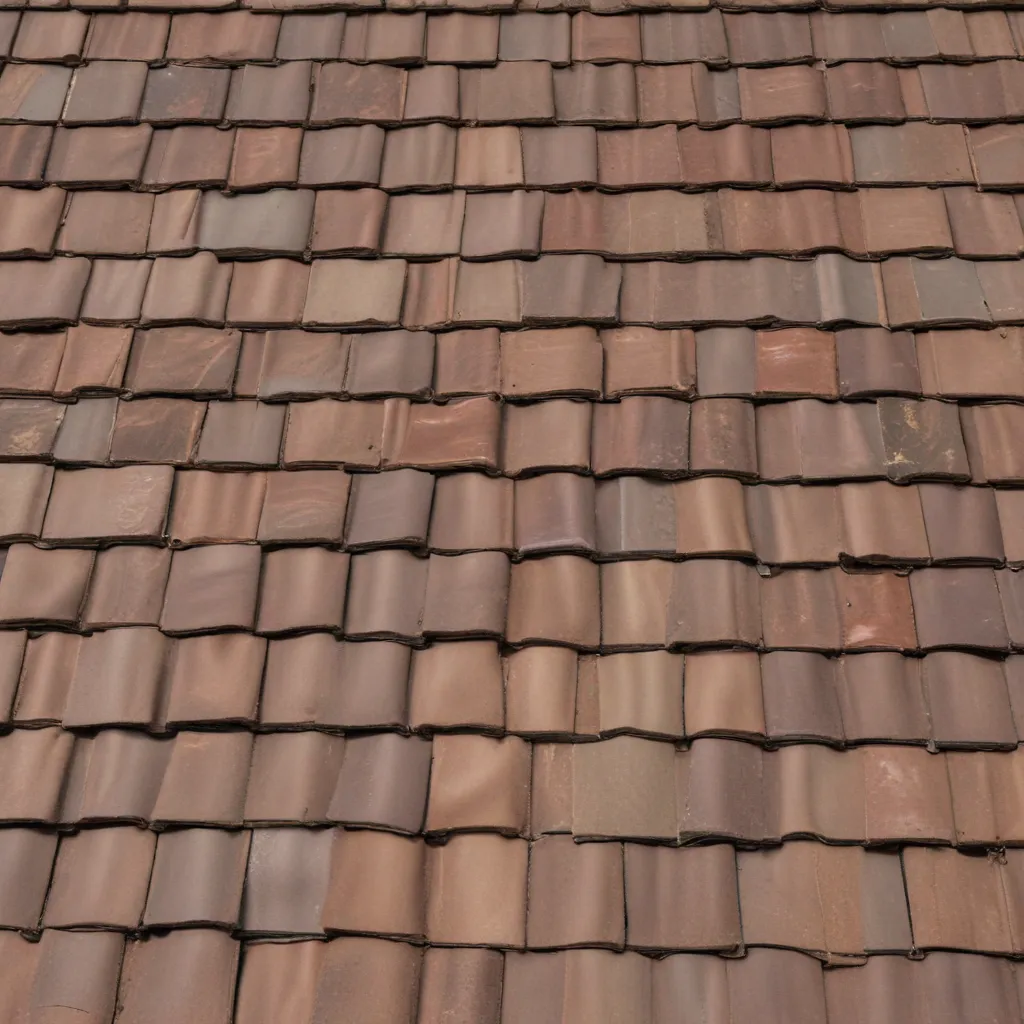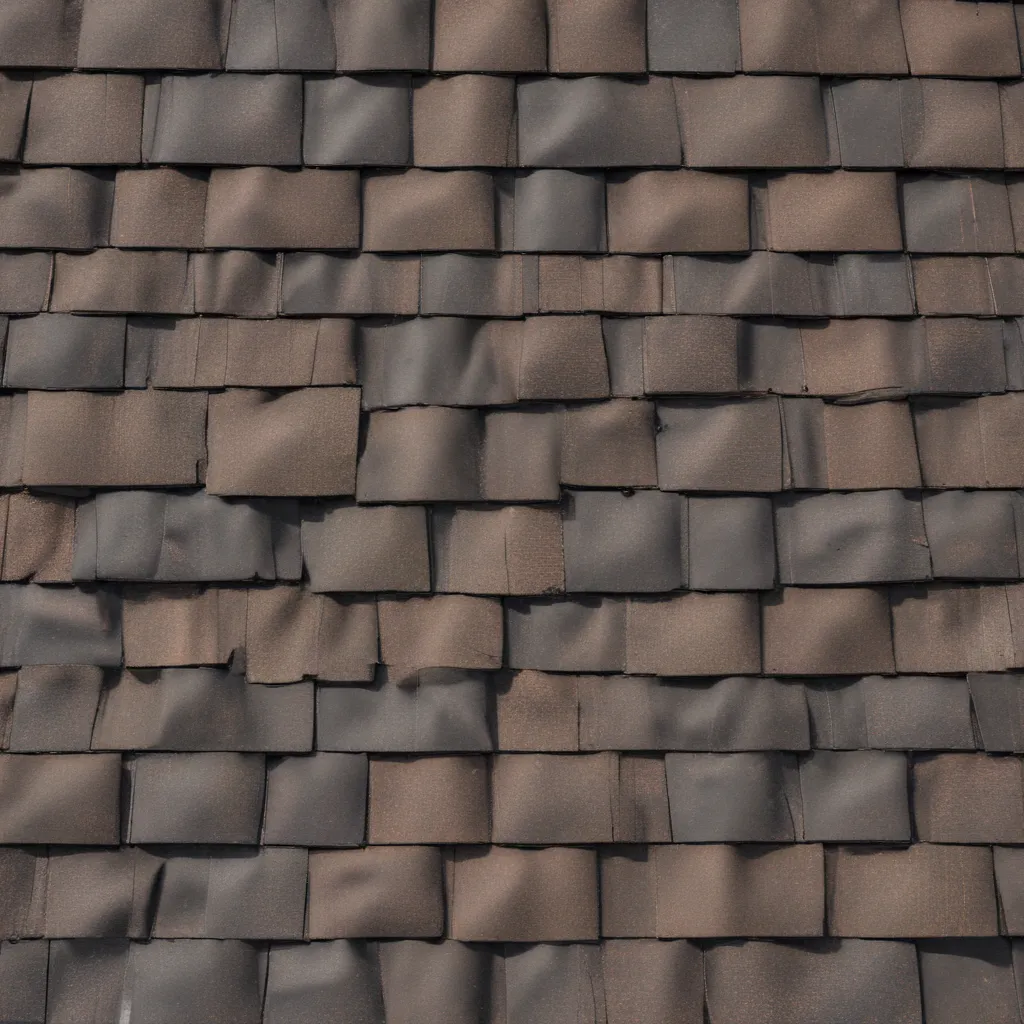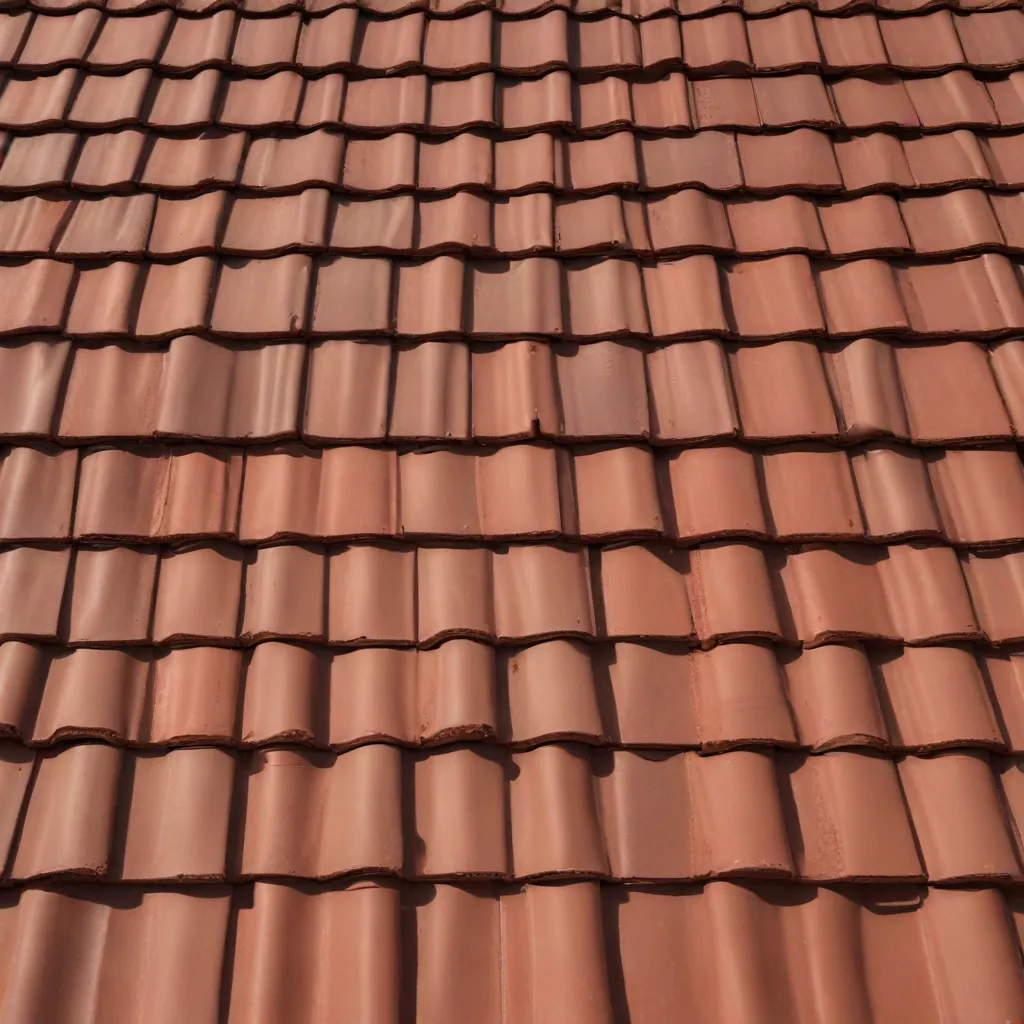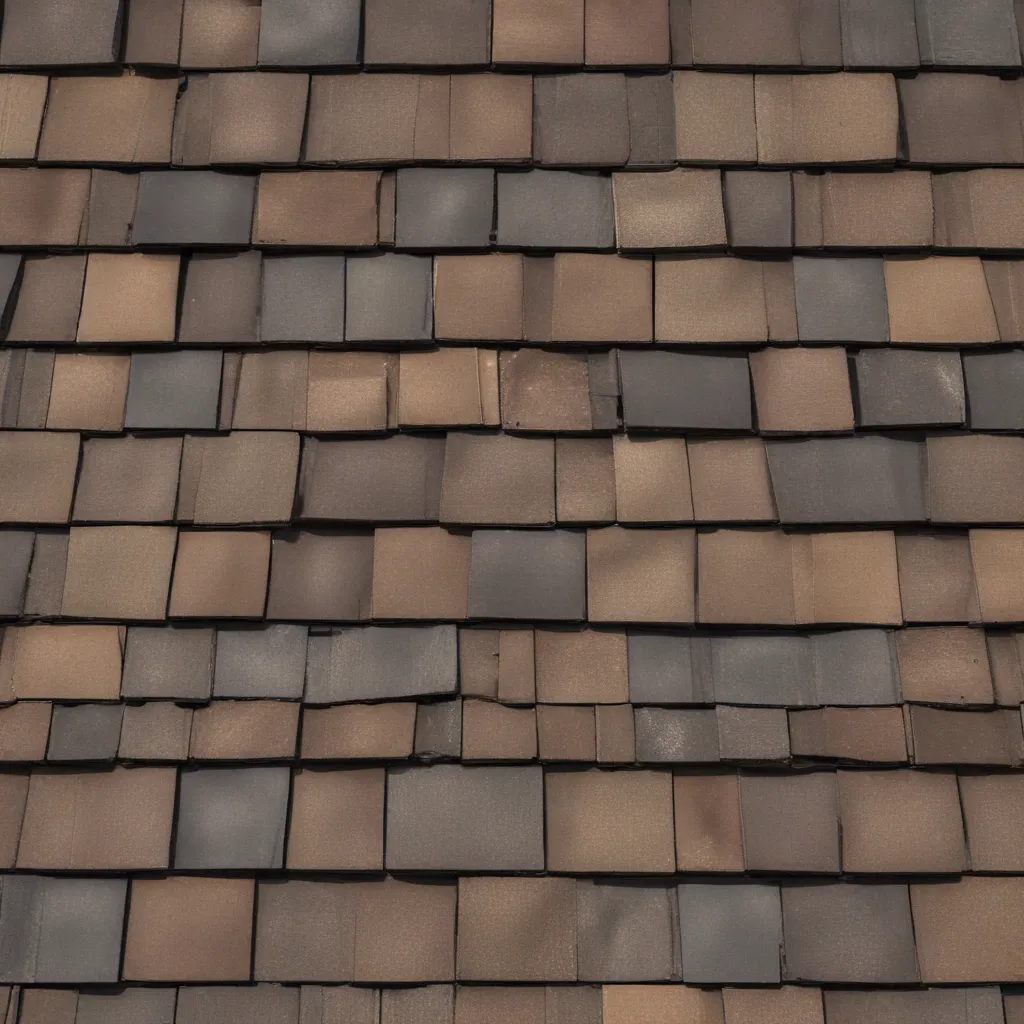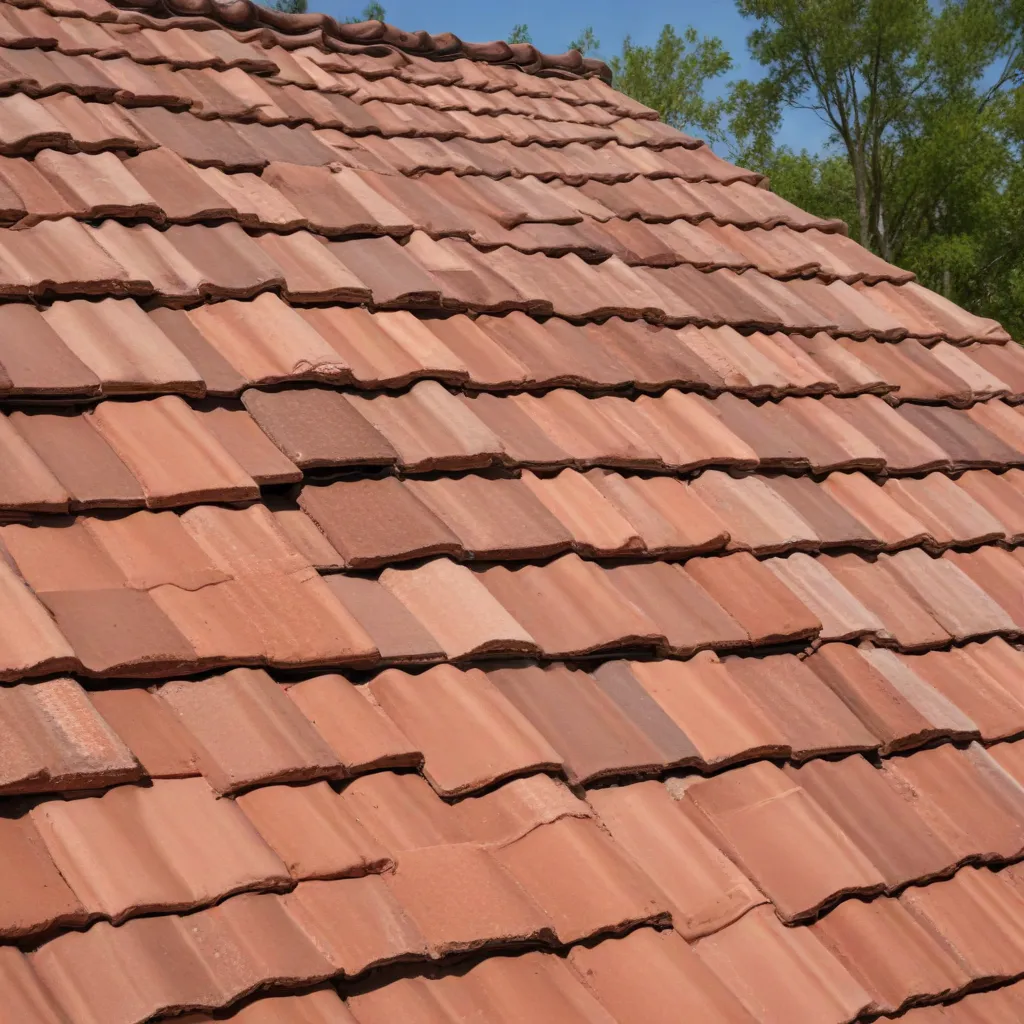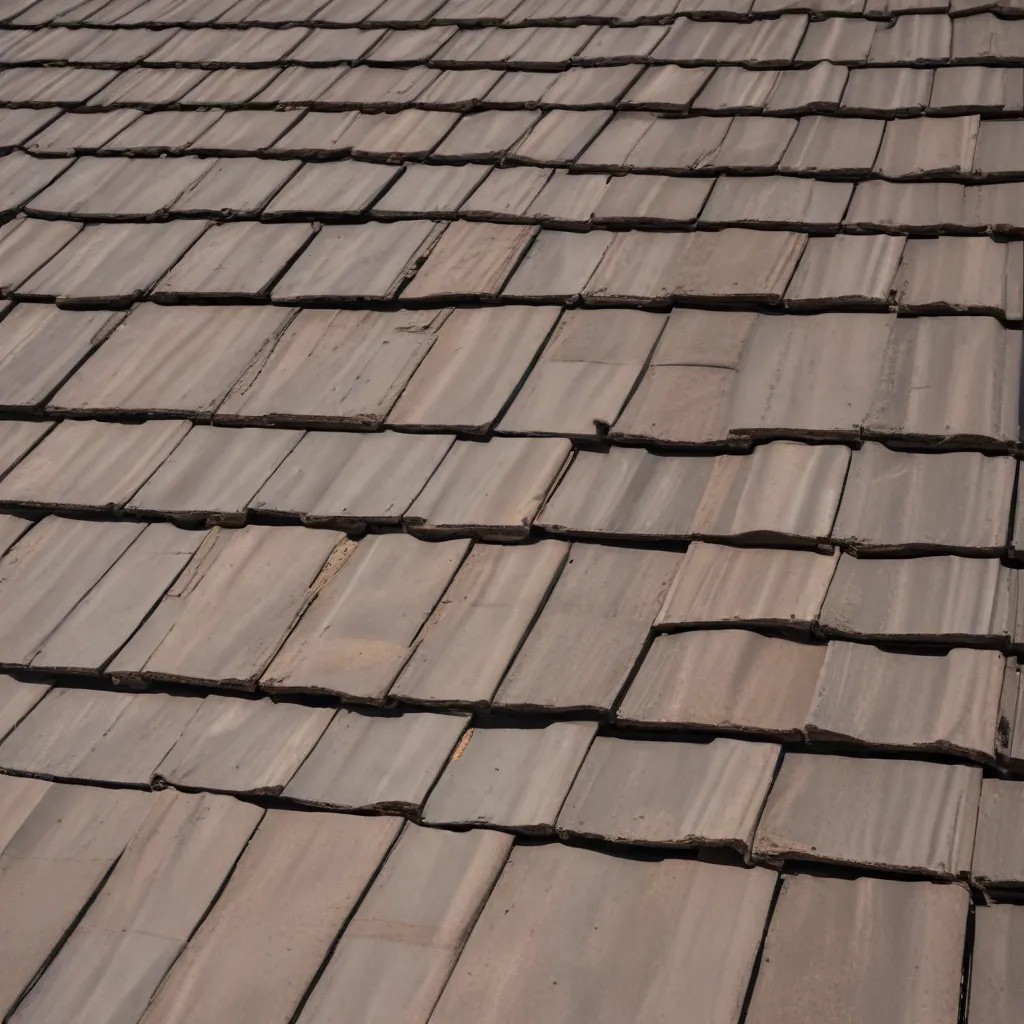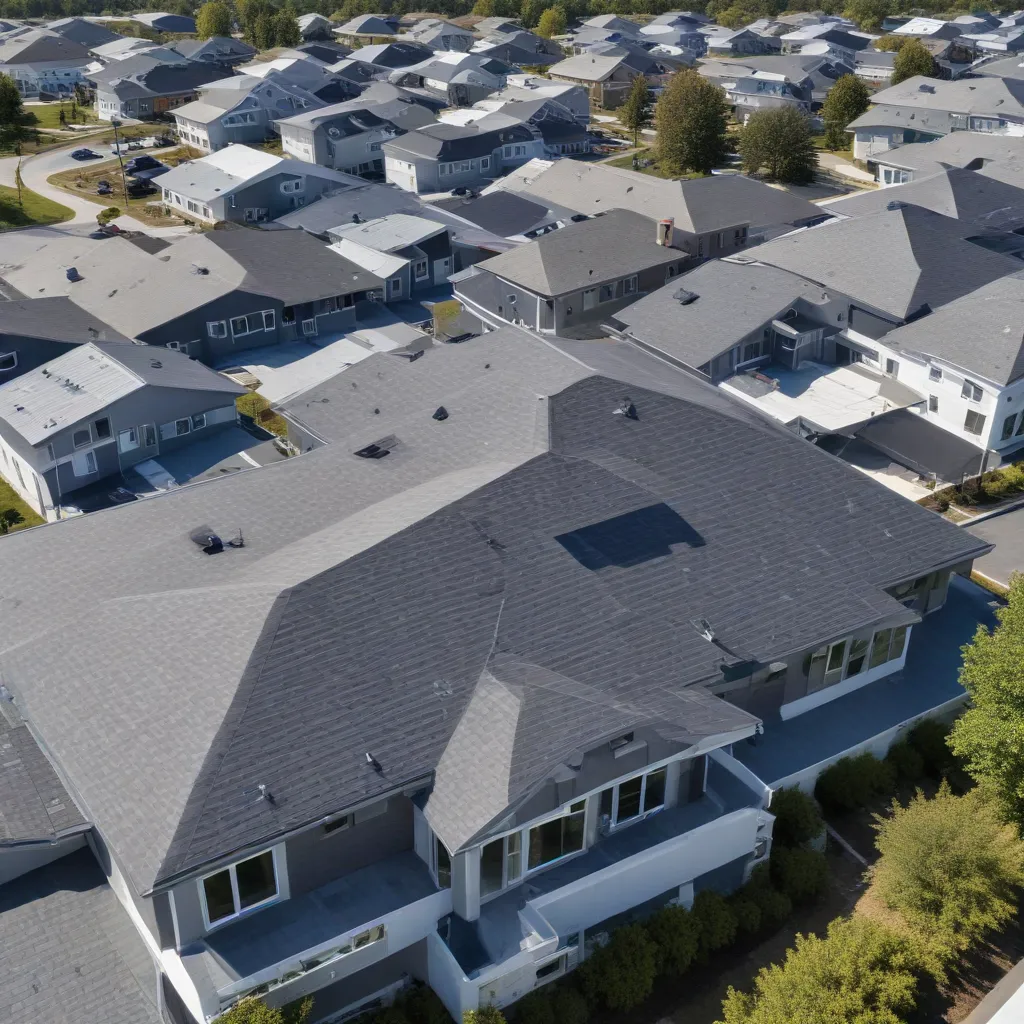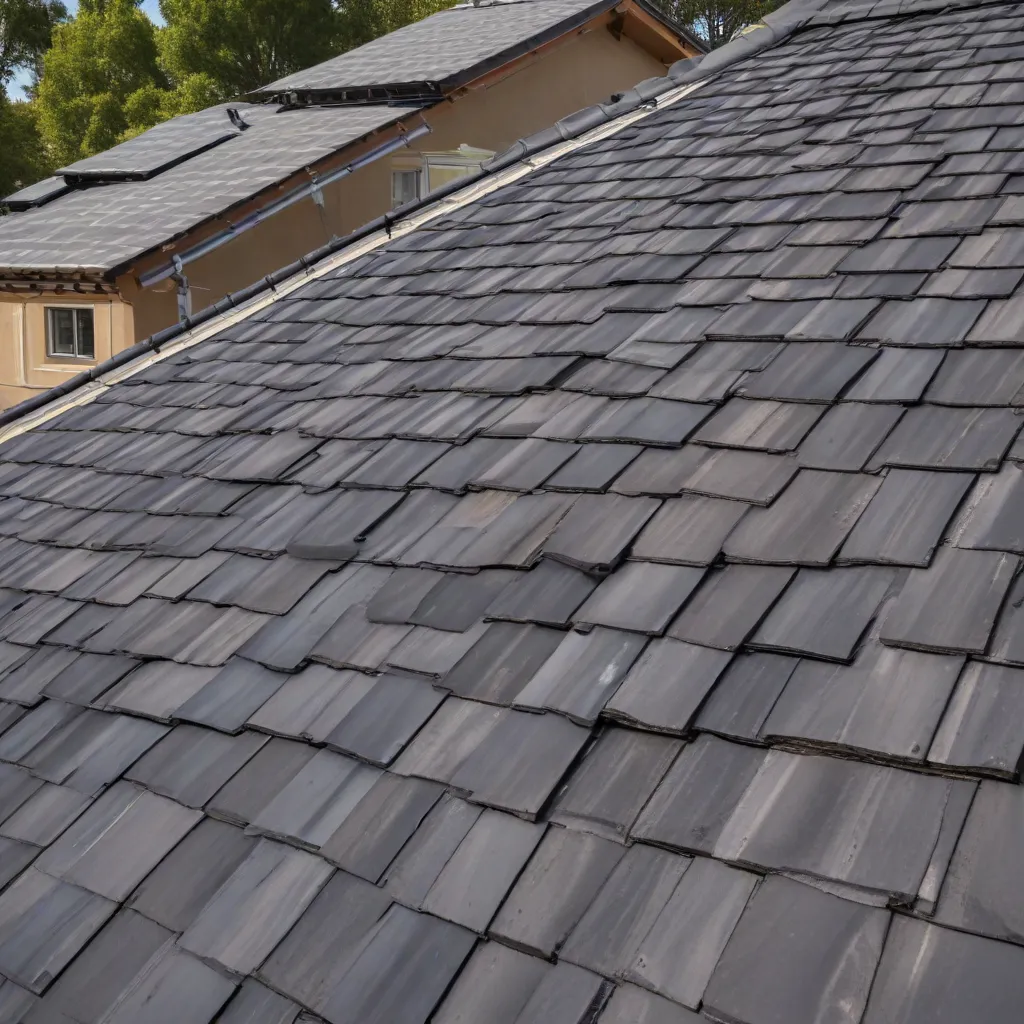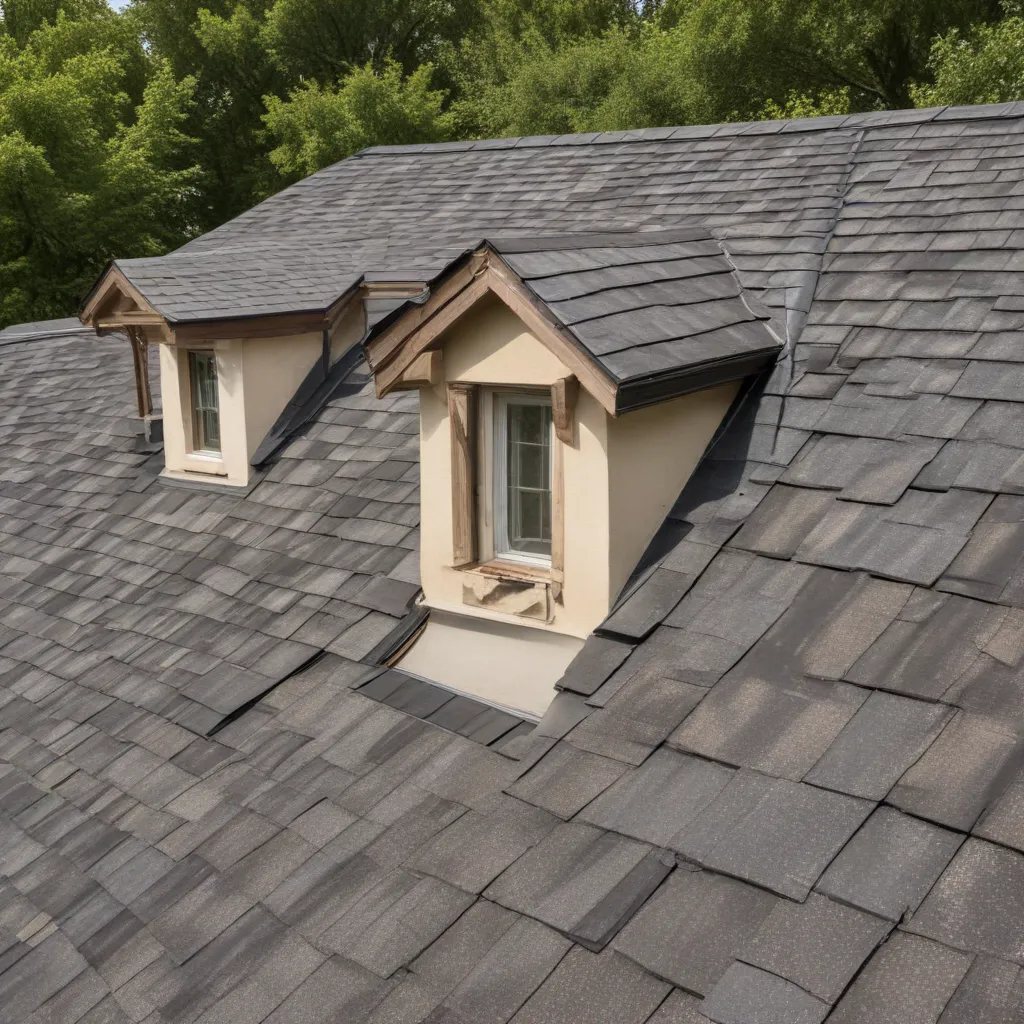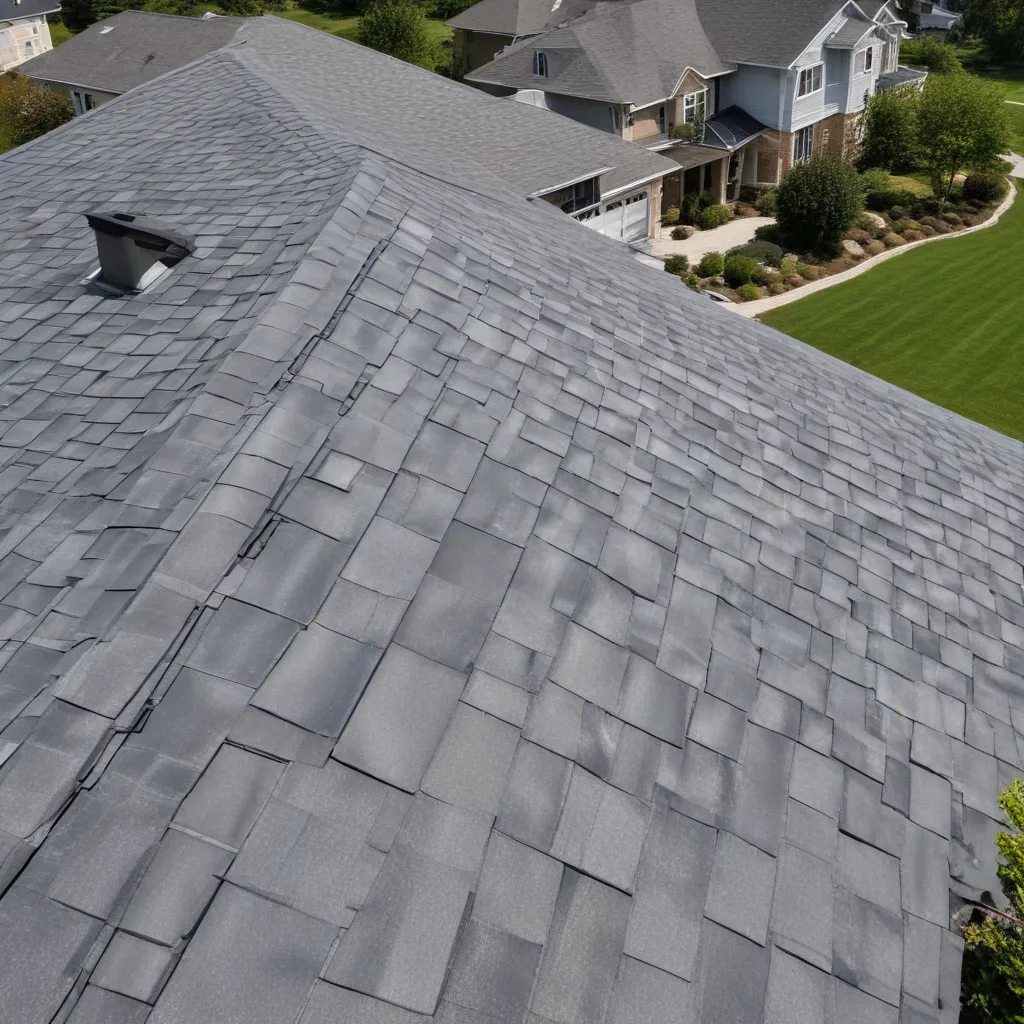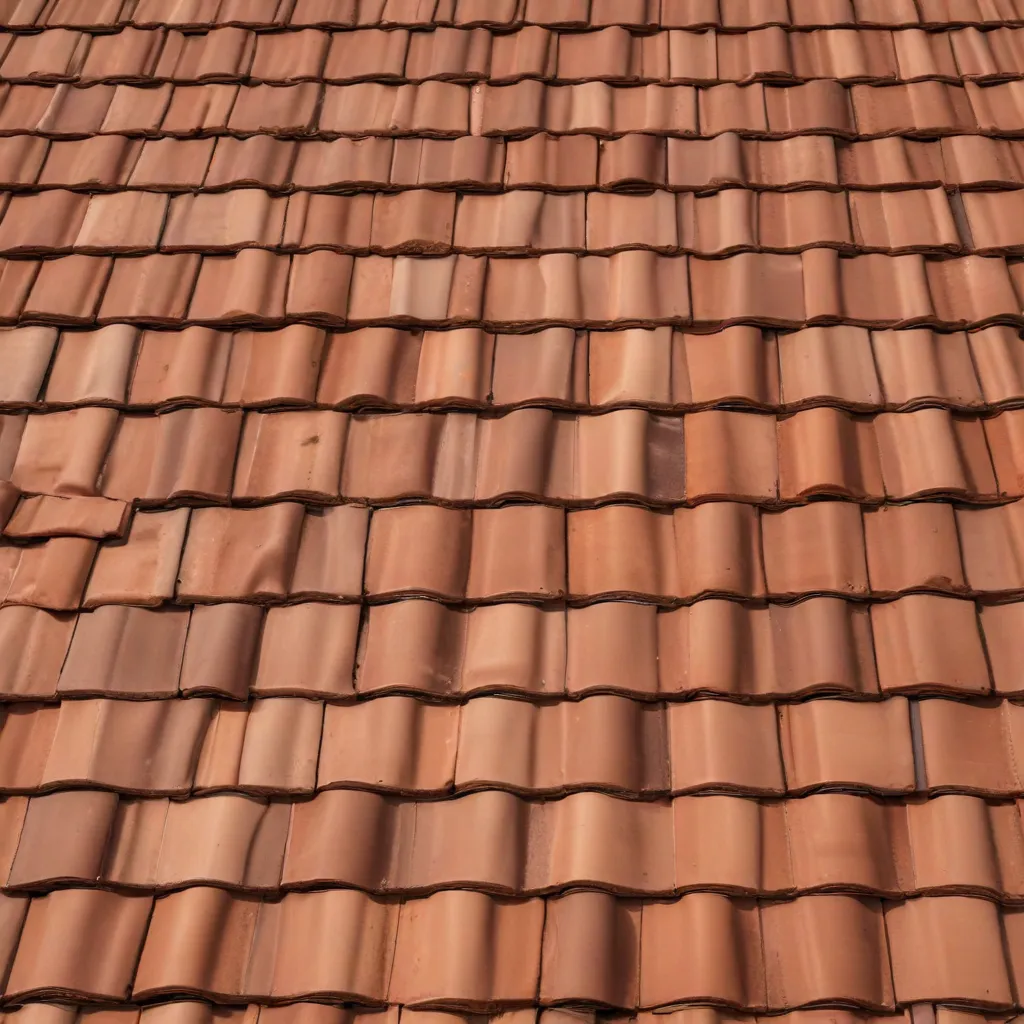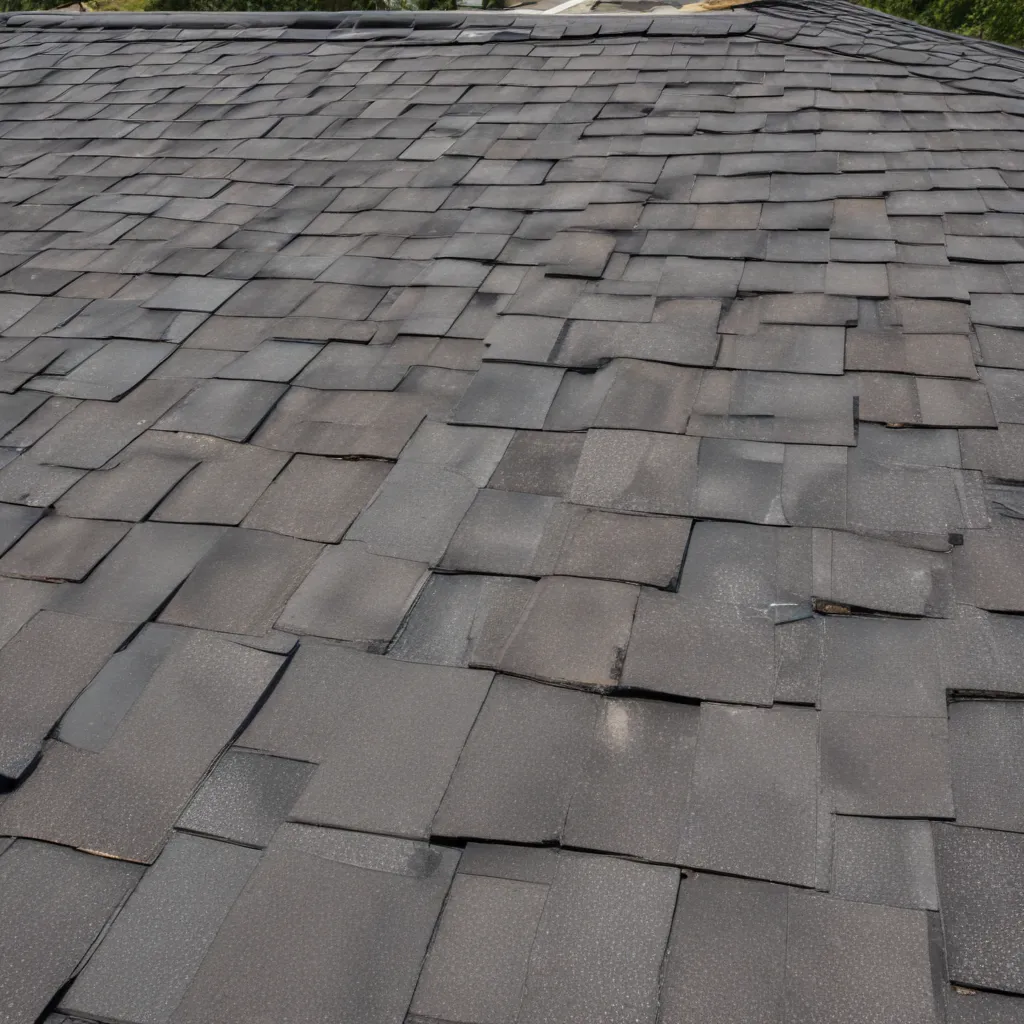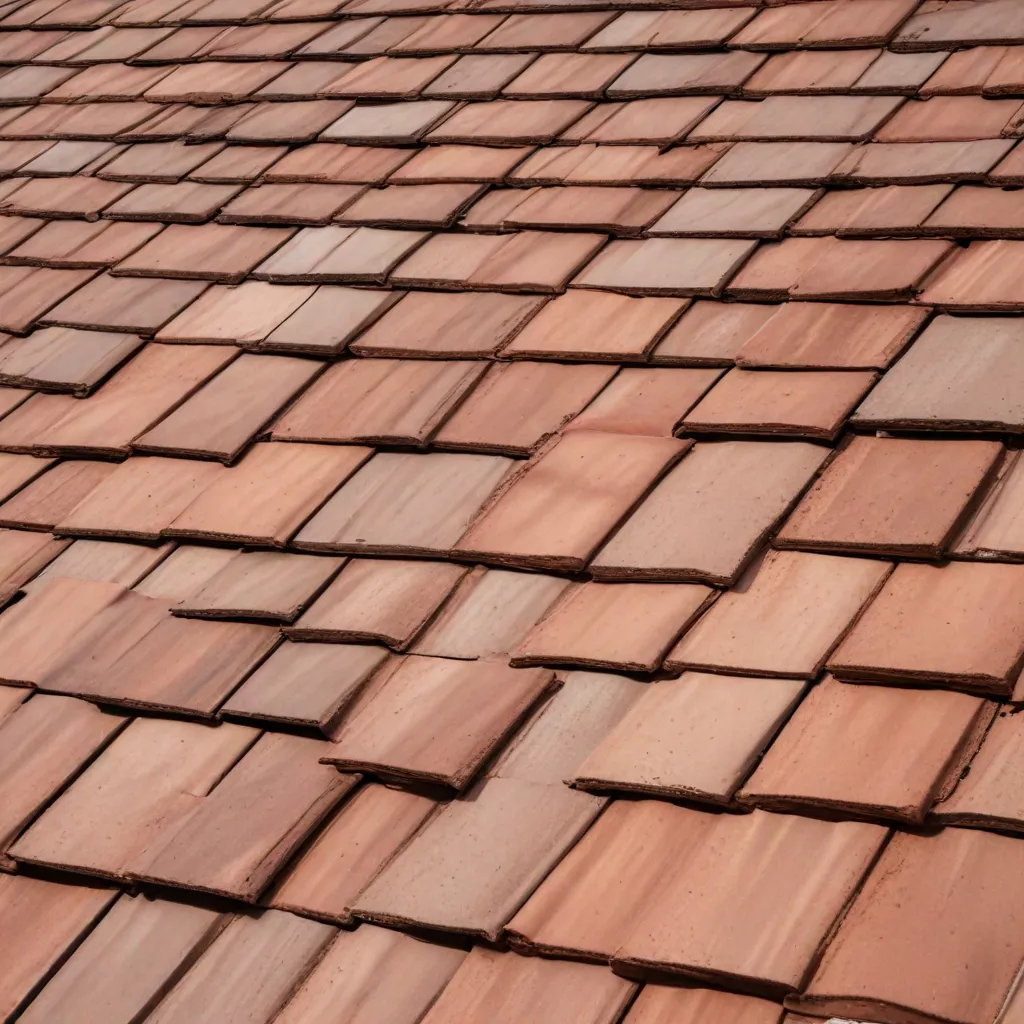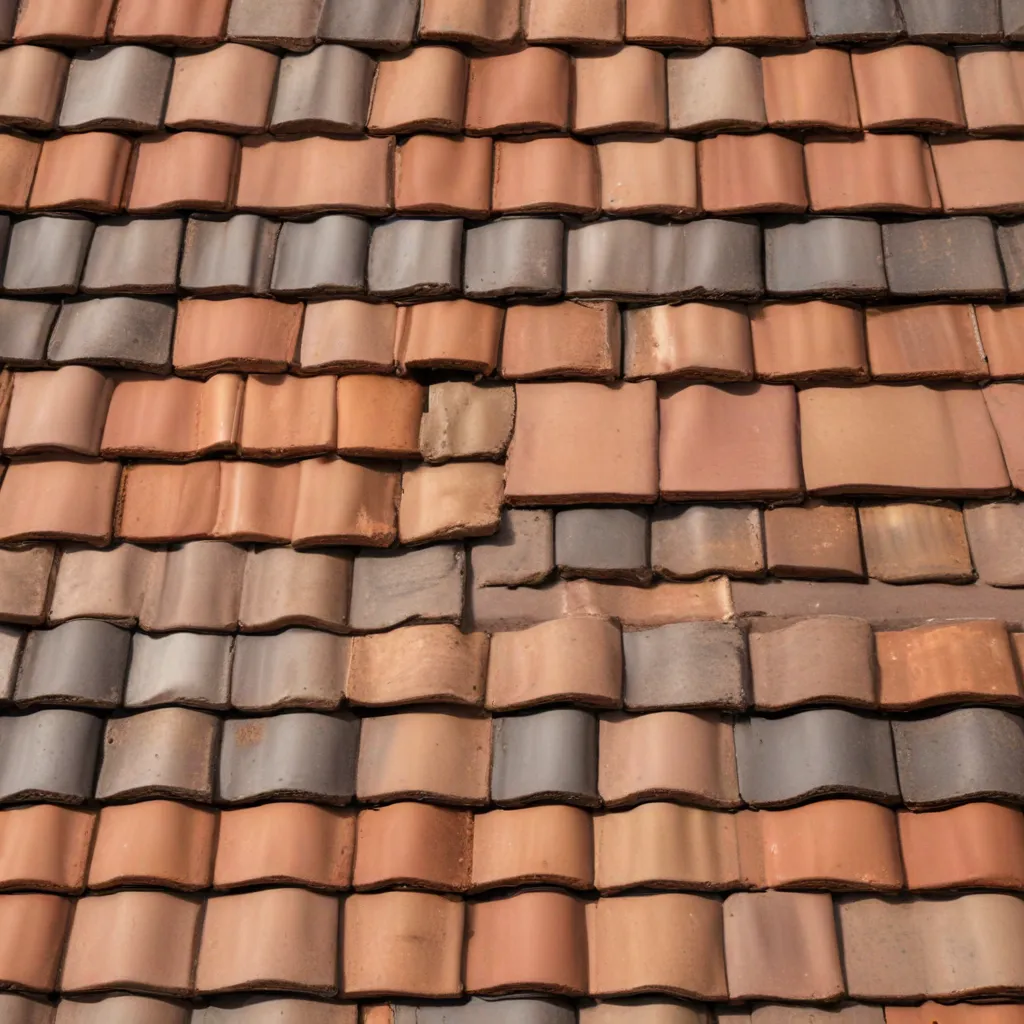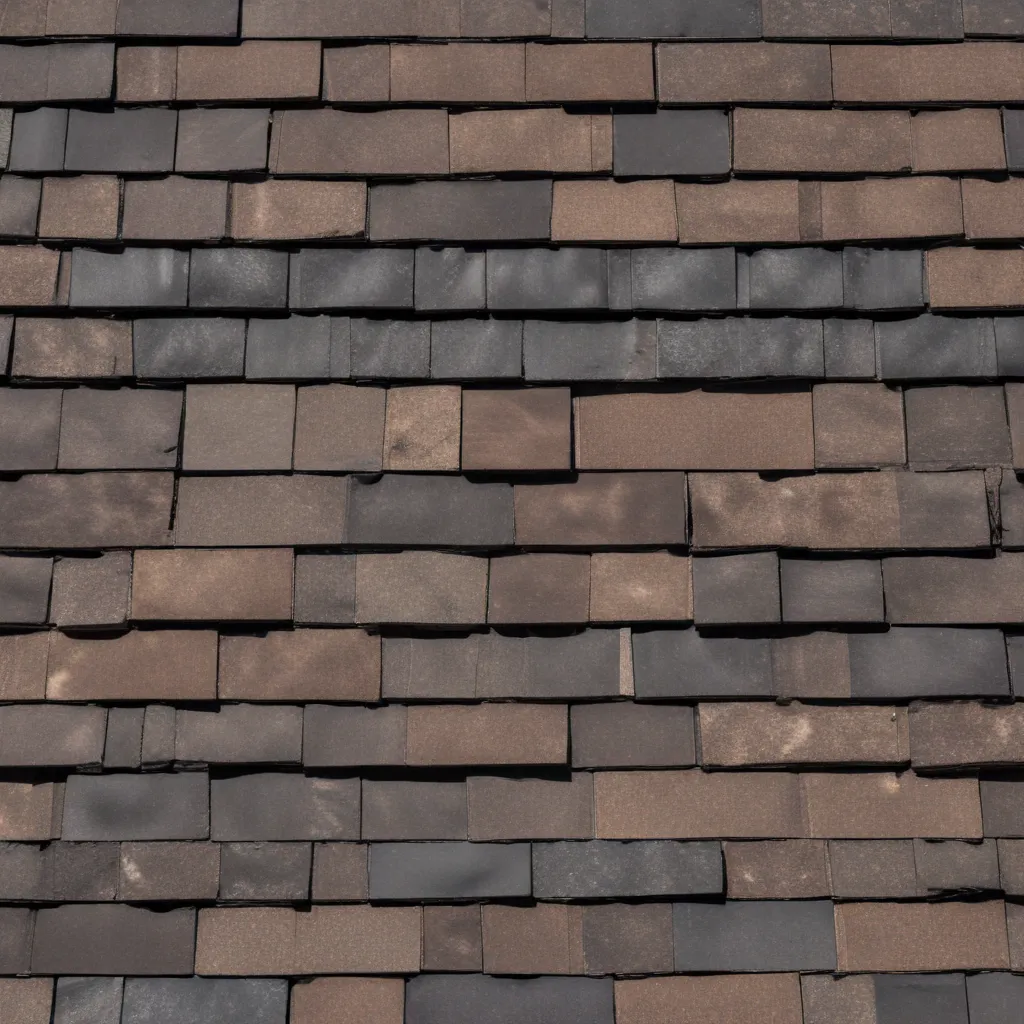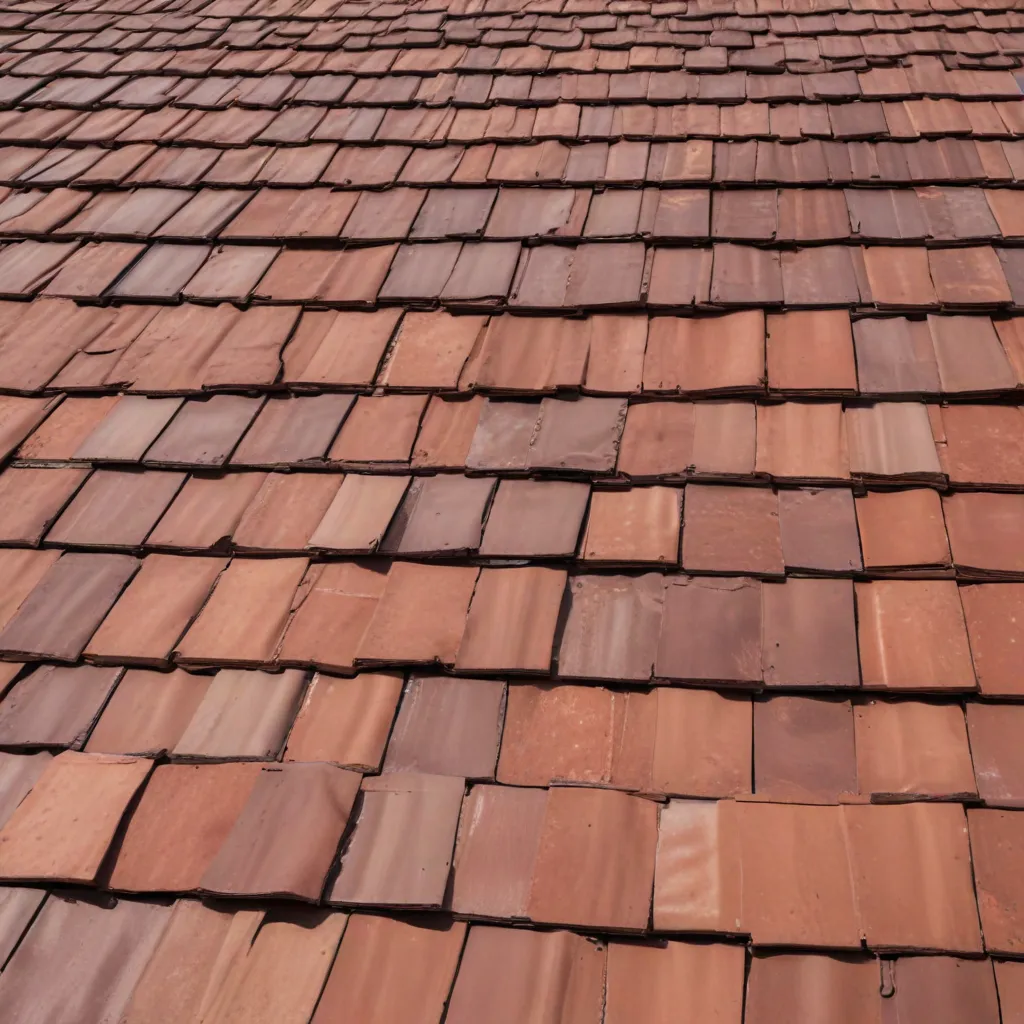Welcome to our comprehensive guide on roof insulation and its impact on extending the lifespan of your roofing. In this article, we will delve into the importance of proper insulation, how it affects the durability of your roof, and provide you with valuable insights to help you make informed decisions about insulating your roof. Whether you are a homeowner, a builder, or a roofing professional, this article will equip you with the knowledge to optimize your roof’s longevity.
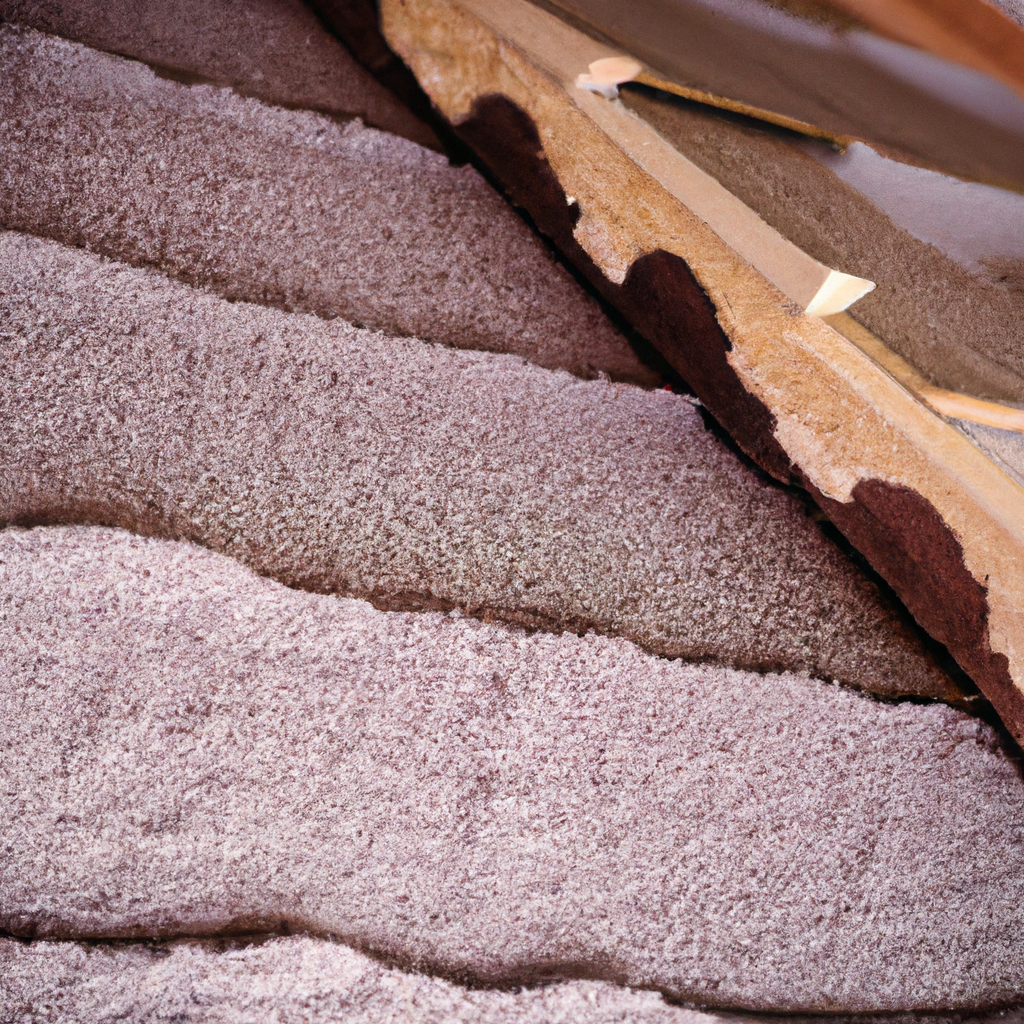
Why Roof Insulation Matters
Roof insulation is an essential aspect of any building’s construction. Its primary purpose is to regulate temperature, minimize energy loss, and protect your property from the elements. By providing a thermal barrier, insulation helps maintain a comfortable indoor environment, reduces heating and cooling costs, and enhances the overall energy efficiency of your home or commercial space.
The Benefits of Proper Insulation
1. Enhanced Energy Efficiency
A well-insulated roof acts as a shield against external temperature fluctuations, allowing your HVAC system to operate more efficiently. By reducing heat transfer, insulation prevents heat gain during hot summer months and heat loss during chilly winters. This, in turn, leads to lower energy consumption and reduced utility bills, making insulation a cost-effective long-term investment.
2. Improved Comfort
Insulation not only helps maintain a consistent indoor temperature but also minimizes the impact of external noises. It acts as a soundproof barrier, keeping unwanted noise from penetrating your living or working spaces. This improved acoustic insulation creates a tranquil environment, promoting better concentration, relaxation, and overall well-being.
3. Extended Roof Lifespan
One of the most crucial benefits of proper insulation is its ability to prolong the lifespan of your roofing system. By minimizing temperature fluctuations and preventing moisture buildup, insulation safeguards your roof from damage caused by thermal expansion, contraction, and condensation. This protection ensures that your roof remains structurally sound, reducing the need for frequent repairs or premature replacement.
4. Environmental Sustainability
In today’s world, striving for sustainability is more important than ever. Roof insulation plays a significant role in reducing greenhouse gas emissions by lowering energy consumption. By optimizing your building’s energy efficiency through insulation, you contribute to a greener environment and help combat climate change.
Types of Roof Insulation
There are various types of roof insulation available, each with its unique characteristics and suitability for different roofing structures. Let’s explore some common options:
1. Fiberglass Insulation
Fiberglass insulation is a popular choice due to its affordability and excellent thermal performance. It is composed of fine glass fibers that trap air, creating an insulating barrier. Fiberglass insulation is available in rolls or batts and can be easily installed between roof rafters or in the attic. Its versatility makes it suitable for various roof types and sizes.
2. Cellulose Insulation
Cellulose insulation is an eco-friendly option made from recycled paper products, typically treated with fire-resistant chemicals. It provides effective thermal insulation and is often blown into the attic or wall cavities using specialized equipment. Cellulose insulation is known for its ability to fill gaps and voids, ensuring a more airtight and efficient insulation.
3. Spray Foam Insulation
Spray foam insulation is a versatile solution that expands upon application, creating a seamless air barrier. It is composed of a mixture of polyurethane and isocyanate, which chemically react to create a rigid foam. Spray foam insulation adheres to various surfaces, making it ideal for irregularly shaped roofs and hard-to-reach areas. It provides excellent thermal resistance and minimizes air leakage, contributing to superior energy efficiency.
4. Reflective Insulation
Reflective insulation works by reflecting radiant heat away from the roof surface. It consists of a reflective material, often aluminum foil, adhered to a substrate such as kraft paper or plastic film. Reflective insulation is commonly installed under the roof sheathing or in the attic, reducing the amount of heat absorbed by the roof and subsequently transferred into the building. This type of insulation is particularly effective in hot climate regions.
Installation Considerations
Proper installation of roof insulation is crucial to maximize its effectiveness and longevity. Here are some key considerations to keep in mind:
1. Professional Installation
While some insulation materials can be installed as DIY projects, it is advisable to consult with a professional roofing contractor for large-scale installations or complex roof structures. Their expertise ensures correct placement, adequate coverage, and compliance with building codes and regulations.
2. Moisture Control
Moisture can compromise the performance of insulation and lead to mold growth or structural damage. Before installing insulation, it is essential to address any existing moisture issues, such as leaks or water infiltration, to prevent further damage. Additionally, proper ventilation and the use of vapor barriers can help control moisture buildup.
3. Insulation Thickness
The effectiveness of insulation depends on its thickness, also known as R-value. The higher the R-value, the greater the insulation’s thermal resistance. It is crucial to determine the recommended R-value for your geographic location and climate zone to ensure optimal energy efficiency.
4. Maintenance and Inspection
Regular maintenance and inspection of your roof insulation are essential to identify any signs of damage, degradation, or areas in need of reinforcement. Addressing these issues promptly can prevent further deterioration and extend the lifespan of your insulation and roofing system.
Conclusion
In conclusion, proper roof insulation is a vital investment that significantly impacts the longevity of your roofing system. By providing enhanced energy efficiency, improved comfort, and protection against the elements, insulation ensures your roof remains durable and structurally sound for years to come. Choose the insulation type that best suits your needs, consider professional installation, and prioritize regular maintenance to maximize the benefits of insulation. By taking these proactive measures, you can extend the lifespan of your roof while enjoying a more comfortable and sustainable living or working environment.

